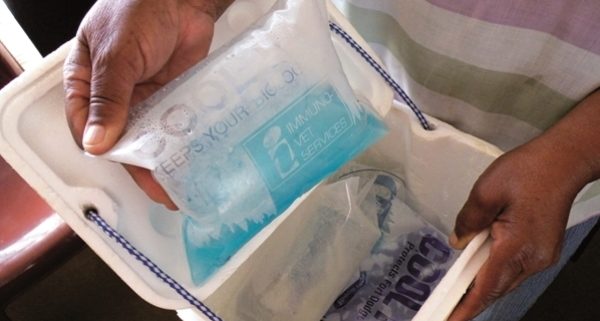Responsible use of medication – African Farming
/0 Comments/in News Feed /by super-admin
The livestock sector faces significant disease challenges aggravated by unusually large insect populations driven by above-average rainfall in the past summer. But rain alone cannot account for the alarming spread of some of the more serious diseases. This is a crisis that demands immediate action from stakeholders throughout the value chain.
While animal parasites and diseases are indeed destructive, there are many effective treatments available to combat them and to prevent mortalities and production losses, according to Dr Caryn Shacklock from Afrivet. “Farmers are losing a lot of animals and they should reach out for the help available to them in the private sector and from the government/state vet,” she says.
There are effective vaccines for most of the economically important dreaded diseases including brucellosis, redwater, heartwater, the clostridial diseases, three-day stiff sickness, lumpy skin disease, botulism, anthrax and foot-and-mouth disease. There are also dips and oral preparations that reduce parasite loads, and appropriate antibiotics and other remedies for successful disease treatment.
Farmers need knowledge and practical training to apply and administer vaccines and other treatments properly, says Dr Shacklock. The Afrivet Plan is a guide to help farmers use products for effective disease prevention and treatment in a planned manner, rather than at random. This resource is relevant to small-scale communal farmers and large-scale commercial farmers alike, and guides their animal health actions through the year.
Responsible administration of medication is hugely important as microbes acquire resistance and some antibiotics become ineffective at infection control. Prolonged, reduced or incorrect doses cause reduced efficacy. The same principle applies to the acaricides used to kill ticks and other parasites. There is widespread tick resistance to acaricides mainly because of overdosing and diluting the formulas at concentrations that are too high.
Farmers are urged to seek the necessary training where they lack it, to administer treatment responsibly, and to manage their flocks and herds with sufficient biosecurity and movement control in place. These measures will go some way towards resolving the disease problems that are currently destroying livelihoods in South Africa.
For more information, visit www.afrivet.co.za




Leave a Reply
Want to join the discussion?Feel free to contribute!